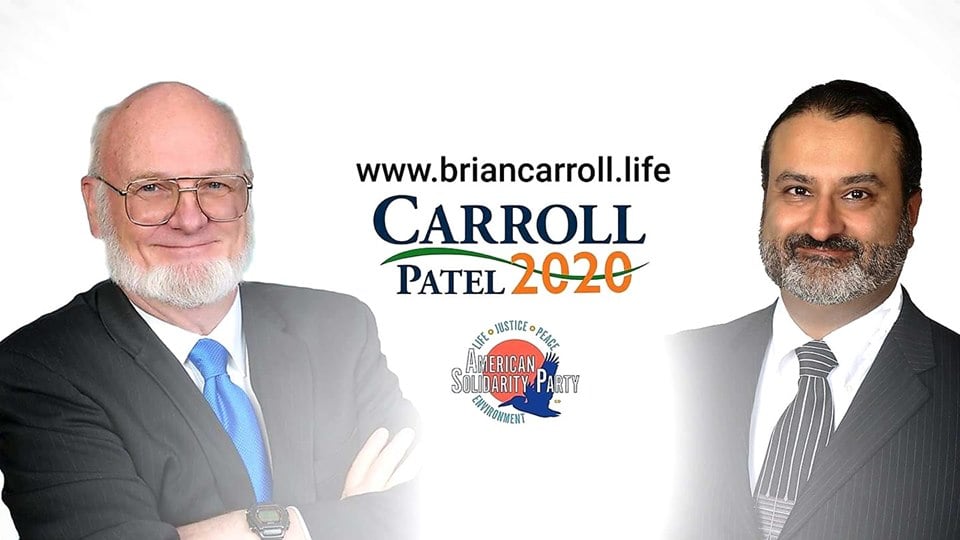Why not vote for a candidate you can actually support? Brian Carroll and Amar Patel, the American Solidarity Party ticket, are on the ballot in eight states; you can write them in in all other states. They’re a party that is committed to the protection of human life from birth until natural death, and they manage to do that while supporting a much stronger social safety net, sane criminal justice reform, and a commitment to environmental conservation. It’s a party whose platform is explicitly drawn from the tenets of Catholic social teaching: these tenets are the principles of good and thriving human lives for all people, Catholic and non-Catholic.
Login to read more
Sign in or create a free account to access Subscriber-only content.
Topics:
